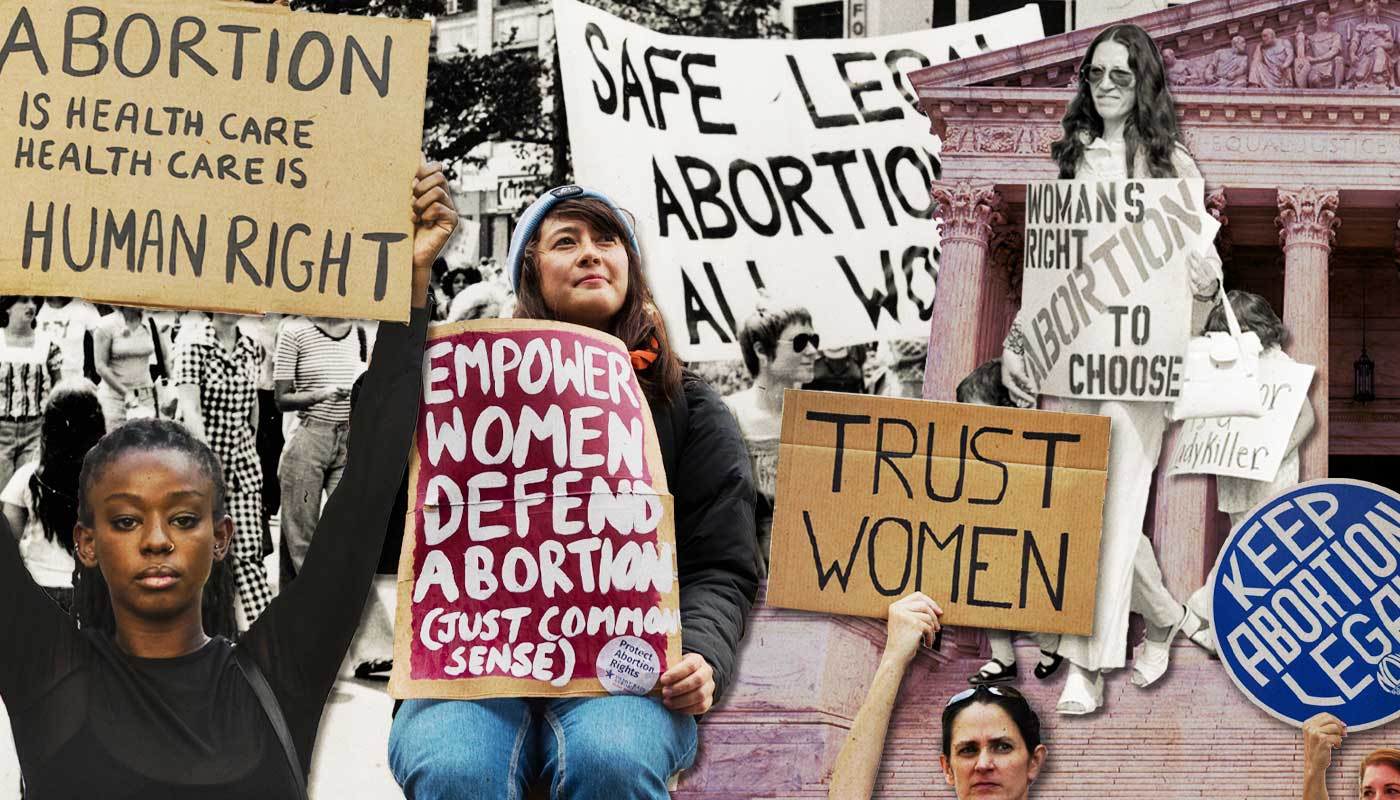“Abortion Rights: The Case of Morocco” highlights a critical debate. Morocco’s proximity to Europe, bordering Spain, has significantly influenced its culture and Islamic traditions, creating a complex context for the ongoing discussion surrounding women’s reproductive rights.
Call for Decriminalization of Abortion
According to alarab, Moroccan women’s associations are calling for the decriminalization of abortion and its establishment as a safe right for women. They argue that unwanted pregnancies don’t only occur within the context of extramarital relationships, but also within families.
They emphasize that decriminalizing abortion would reduce the phenomenon of single mothers and the number of children without parents.
Currently, abortion is only legal under three circumstances: when the mother’s or fetus’s health is at risk, in cases of rape or incest, and in cases of underage pregnancy.
The head of an association fighting clandestine abortions stated that these three legal grounds are insufficient, as they only cover 10% of cases in society.
This law doesn’t address child marriage. Some attribute the prohibition of abortion to patriarchal traditional structures that are not supportive of women and constitute a form of violence. It’s worth noting that over 200,000 clandestine abortions occur annually in Morocco.
✍| News Analysis By Ms. Soghra Ashouri
Historical Influences: Colonialism and Feminism
Morocco is an Islamic country where the majority of the population is Muslim, and Islam is the official religion. In the early to mid-20th century, Morocco was under French colonial rule.
Morocco’s geographical proximity to Europe (Spain is a neighbor) has significantly influenced Moroccan culture and its Islamic traditions.
The second wave of feminism in the West, with the slogan “the personal is political,” sought to establish and claim rights, particularly the “right to abortion” for women and to fight against the criminalization of this act.
The cultivation of fervent rhetoric surrounding the rationality and legitimacy of this demand led many women in the West to embrace it.
Presenting the fetus as a parasite that a woman has the right to eliminate, and blaming the man for the woman’s pregnancy, stems from feminist thought and the second wave of feminism. This isn’t limited to Morocco as an Islamic country; it’s attempting to infiltrate other Islamic countries as well

Critique of Feminist Perspectives on Pregnancy and Patriarchy
These imposed counter-values, replacing actual values, have reached colonized countries exposed to European influence. The news report uses the themes of unwanted pregnancies and patriarchal environments.
Unwanted pregnancies are framed within the context of religious law and family, potentially addressing sensitivities within Moroccan Muslim groups against this wave, while avoiding discussion of the haram (forbidden) nature of abortion in Islamic paradigms.
Unwanted pregnancies are attributed to patriarchy and male coercion, a perspective that is not only pessimistic but also unrealistic in the context of the current era.
Presenting the fetus as a parasite that a woman has the right to eliminate, and blaming the man for the woman’s pregnancy, stems from feminist thought and the second wave of feminism. This isn’t limited to Morocco as an Islamic country; it’s attempting to infiltrate other Islamic countries as well.
Defending Islamic Heritage Against Western Ideologies
The issue of women’s hijab (headscarf), a tenet of Islam, is also considered a manifestation of patriarchy. This is happening with all Islamic laws and commands. Today, more than ever, it’s crucial for Islamic countries to adopt a lifestyle based on the Quran and the Sunnah of the Prophet Muhammad and his household.
International conferences aimed at producing shared theoretical outputs and disseminating them across the Islamic world and beyond serve not only as a means of promoting Islam but also as a defense against the cultural aggression of Western ideologies.
The distorted and crisis-ridden identities of Westerners today stem from flawed ideologies such as feminism. All Islamic countries must turn to the rich heritage of Islamic culture and protect themselves from the afflictions that have befallen the West.


